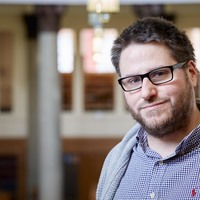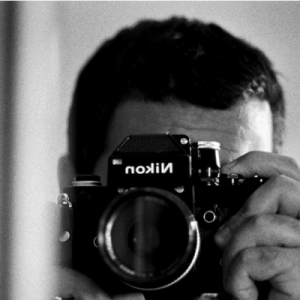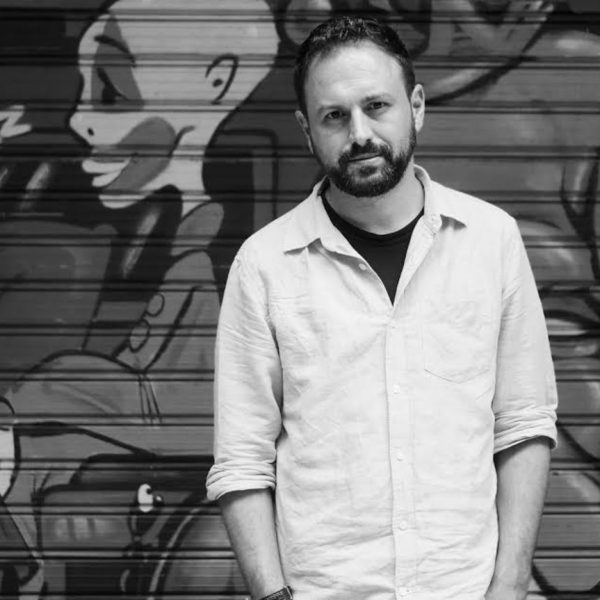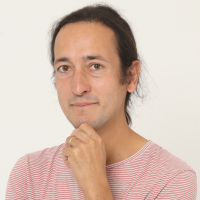Impulsion EFR – DEMOPOL
Democratizing public space and policing. Transitions, circulations and contestations in Southern Europe from the return of democracy to the 1980s (Portugal, Spain, France, Italy, Greece)
Coordination

Virgile Cirefice
Université de Limoges, CRIHAM
Participation

Enrico Acciai
Université Roma Tor Vergata

Sophie Baby
MCF en histoire contemporaine - Université de Bourgogne

Michele Di Giorgio
Université de Bari

Kostis Karpozilos
Contemporary Social History Archives (ASKI)

Grégoire Le Quang
Institut Catholique de Paris

Diego Palacios Cerezales
Université Complutense, Madrid

Giulia Quaggio
Université Complutense, Madrid

Polymeris Voglis,
Université de Thessaly
Projet Impulsion 2023-2024
- Section : Époques moderne et contemporaine
- Responsable : Virgile Cirefice, Université de Limoges, CRIHAM
Our working group is interested in the question of the democratisation of policing in the European democracies of the South (Portugal, Spain, France, Italy, Greece) from the time of the democratic transitions until the 1980s. Our idea is to work essentially on the 1970s and 1980s but also, in the French and Italian cases, on the way in which the transition processes of the end of the Second World War are reread and discussed at that time.
Comparative work on democratic transitions in southern countries already exists, but it is rather limited to Spain, Portugal and Greece. The idea here would be to compare but also and above all to make a cross-country and transnational history by looking at the circulation of models, practices and actors between these five countries. For the time being, we have identified three priority areas, which are obviously starting points:
The concrete management of public space: as early as Roman law, public space was considered non-appropriable and characterised by its accessibility. Dictatorships tend to limit this accessibility in favour of exclusive appropriation of the space. The question of the return of this public space to the democratic fold and the new rules that apply to it thus seems central, although it is not self-evident, given that the practices rooted in dictatorships can be prolonged over the long term. The objective is to succeed in articulating the study of the doctrine of policing, practices, and representations in all their diversity (collective imaginary in society, representations within the state apparatus, etc.).
The question of anti-terrorism: the aim is to question the continuities in doctrines, practices, and actors, especially since the 1970s saw the emergence of a critique of the techniques of anti-terrorism, accused of systematically violating the rights guaranteed by the constitution and of not being, in practice, democratic.
Circulation of police knowledge, models, and practices. It is thus a question of studying the possibility of conducting a cross-country history, based on intermediaries, mediators, and points of contact between the different countries, whether these actors are inside or outside the institutions. We know, for example, that exchanges between the French and Italian Ministries of the Interior were particularly intense at the end of the 1940s and at the very beginning of the 1980s. Hence the idea of mobilising a transnational team capable of identifying and working collectively on these possible networks.
